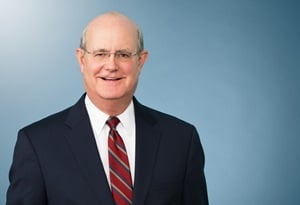Lead Limit for All Children's Products Reduced to 100 ppm
On June 22, 2011, the Consumer Product Safety Commission (CPSC) issued draft language indicating its intent to reduce the lead limit for children's products to 100 parts per million (ppm). The new limit will take effect on August 14, 2011. The draft language indicates that the staff of the CPSC has determined that it is technologically feasible for children's products manufacturers to reduce the lead in children's products to below 100 ppm, therefore the statutorily mandated reduction of the lead limit to 100 ppm should become effective.
It should be noted that the CPSC has taken the position that the lead limit of 100 ppm will apply not only to all products manufactured after the enforcement date, but also to all inventory manufactured prior to the enforcement date but still existing or placed in commerce after the effective date. Therefore, manufacturers should immediately work to insure that all products currently in production conform to the anticipated 100 ppm limit.
There are some exceptions to the new lead limit, including an exception for components of a children's product that are inaccessible to the child during normal use and abuse of the product and an exception for the metal components of children's bicycles and ATVs. The requirement that the lead content of children's' products be certified by an accredited, third-party testing laboratory has been stayed by the CPSC until December 31, 2011. However, manufacturers are still required to comply with the 100 ppm limit. Failure to comply with the limit may lead to a product recall, and it will affect a manufacturer's ability to defend product liability claims.
The material contained in this communication is informational, general in nature and does not constitute legal advice. The material contained in this communication should not be relied upon or used without consulting a lawyer to consider your specific circumstances. This communication was published on the date specified and may not include any changes in the topics, laws, rules or regulations covered. Receipt of this communication does not establish an attorney-client relationship. In some jurisdictions, this communication may be considered attorney advertising.


